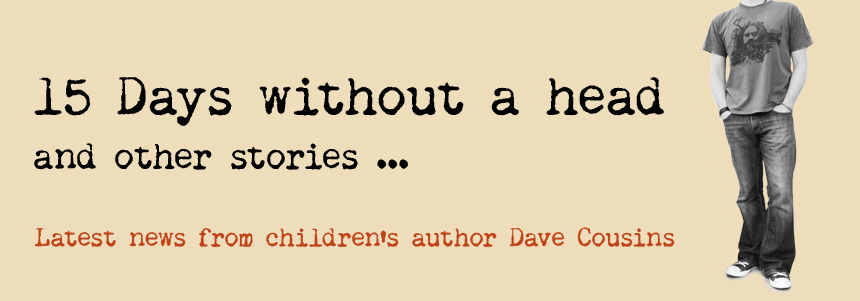For those of us trying to write around the demands of a day job and family, time reading somebody else’s words would surely be better spent creating our own? That’s a logic I have followed from time to time over the years, but one I eventually found to be false – in my case at least. These days I tend to agree with Stephen King, who said, “If you don’t have time to read, then you don’t have the time (or the tools) to write.”
Over the years I’ve noticed that when I’m not reading every day, my writing flows less freely. An obvious analogy would be the sporting one: that reading is an important part of maintaining a level of writing fitness, like a footballer exercising in a gym. The activity has little to do with football, but will greatly affect his ability to play well. When I’m reading a lot, my writing feels natural, instinctive – fitter, if you like. Or as The King puts it: “Constant reading will pull you into a place where you can write eagerly and without self-consciousness.” For me, it’s about filling my subconscious with words and stories – the rhythm of sentences and paragraphs, the pace of a well spun yarn.
“Every successful writer I know is also a great reader.” – Robert Cormier
 |
| Me, doing a tough work-out (photo: Dylan Cousins) |
“Every successful writer I know is also a great reader.” – Robert Cormier
When I started to write, I worried that my own stories, or rather my voice, would start to sound like whatever I was reading, but that didn’t happen. Instead, I find that reading somebody else's words helps to clear my head, and stops me thinking about my own for a while, so I'm fresher when I return.
But what about you? I’d be interested to hear other people’s experience of how reading sits alongside their own writing. Does it help? Does it interfere? Does it matter what you read? Please leave a comment and let me know. Thanks.

No comments:
Post a Comment